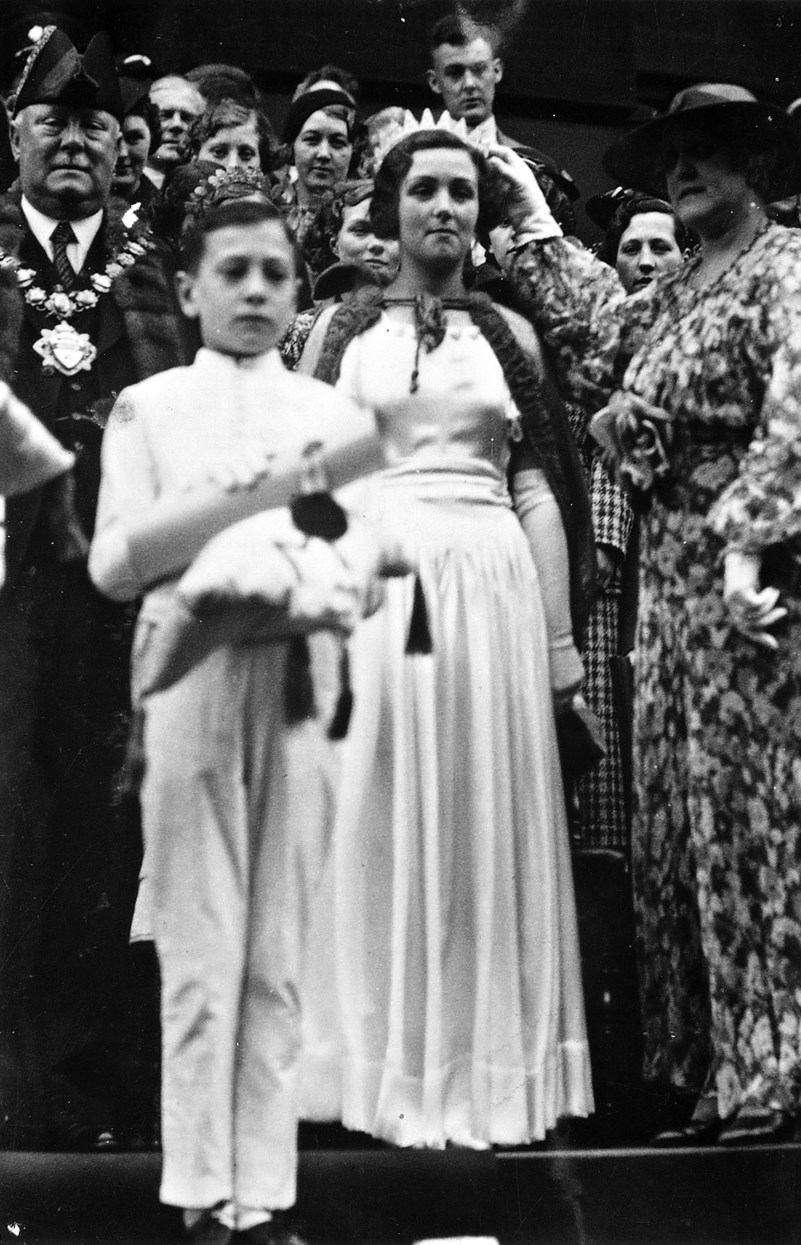
06 Apr 2017
Call to help tell glamorous story of Yorkshire’s Queens of Industry
They were the hard-working women who became standard-bearers for a golden age in Yorkshire’s industrial heritage.
Now experts in Leeds want to find out more about the local ladies once crowned the queens of their industries ahead of a new exhibition celebrating their incredible legacy.
Leeds Industrial Museum at Armley Mills, formerly the world’s largest woolen mill, will be hosting the exhibition this November, focusing on the young women chosen to represent some of Britain’s most prominent economic powerhouses.
The museum is now asking people to come forward with any memories, photos or information that will help them retell a fascinating chapter in the story of Leeds.
Industry queens rose to prominence in the 20th Century, with the first Railway Queens elected in the mid-1920s and the last Coal Queen being crowned in the early 1980s.
Inspired by the idea of traditional Rose Queen and May Queens in local villages and towns, these queens flew the flag for their industry, county or even country in what often proved to be a life-changing opportunity for the chosen few.
The first Cotton Queen Frances Lockett had the chance to meet an aging former Prime Minister Lloyd George in 1930. And Railway Queen Audrey Mossom visited, Russia where she met Soviet leader Joseph Stalin, as well as switching on the famous Blackpool Illuminations.
Doreen Fletcher (nee Kerfoot) who became Yorkshire’s Wool Queen in 1948, was selected to play the lead in ‘The Three Piece Suit’ a specially-made colour film aimed at inspiring young female workers to join the wool industry.
She then went on to enjoy a successful modelling, acting and singing career, becoming something of a forces’ sweetheart.
Now approaching her 90th birthday, Doreen still lives in Yorkshire and organisers are hoping she can attend the exhibition opening later this year.
John McGoldrick, Leeds Museums and Galleries curator of industrial history, said: “Being named a Queen of Industry was an incredible opportunity for those who were elected, and women lucky enough to be given the title became very much celebrities in their own right.
“It was also a chance for women to play a leading role in industries which had traditionally been male-dominated, providing inspiration for other young women who might want to make their way in a new career.
“As well as paying tribute to those women, what we aim to do with this exhibition is spark a discussion about how women today experience working in industry and we’d love to hear from anyone who knows more about the story behind the queens, who they were and the impact the role had on their lives.”
As well as historic photos and films, the exhibition will feature rarely seen objects from Leeds Museums and Galleries’ collection as well as loans from major UK museums and private collectors.
Councillor Brian Selby, Leeds City Council’s lead member for museums and galleries, said: “The Queens of Industry were once leading lights in some of the country’s biggest and most important industries and in many ways they were pioneers for women working at the time.
“I hope more people come forward with information so the museum can capture their inspirational story and visitors can learn more about this unique facet of our industrial heritage.”
Anyone with any information about the Queens of Industry can email: john.mcgoldrick@leeds.gov.uk armley.mills@leeds.gov.uk or telephone 0113 378 3173.
ENDS
For media enquiries, please contact:
Stuart Robinson
Communications Officer
Leeds City Council
Tel: 0113 378 9182 (please note my new number)
Email: stuart.robinson@leeds.gov.uk
www.leeds.gov.uk
For media enquiries contact:
Leeds City Council Communications team
communicationsteam@leeds.gov.uk